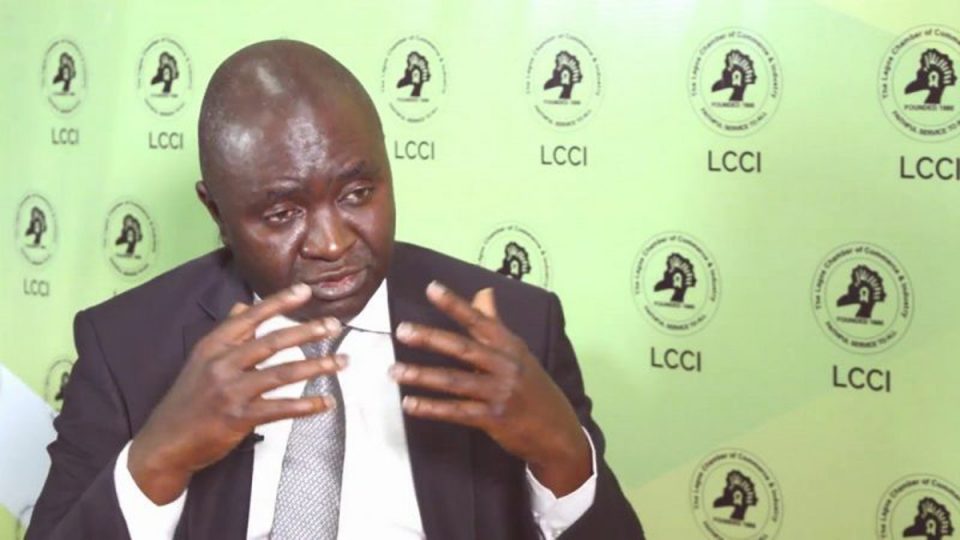90% of vehicles bought without credit facilities, says CPPE
The Chief Executive Officer of Centre for the Promotion of Private Enterprise, Dr Muda Yusuf, has said that over 90 per cent of vehicle purchases in Nigeria are done out of pocket.
Yusuf, in a document titled “CPPE comments on 2023 fiscal policy measures” issued on Wednesday and sighted by our correspondent, said it was difficult for Nigerians to own vehicles in a situation where the credit facilities exist, the interest rates were outrageous and ranges between 25-30 per cent.
“There is limited access to credit for vehicle purchase by Nigerians. Over 90 per cent of purchases are done out of pocket, which is extremely challenging.”
He however said it is difficult for the government to justify this high import duty on vehicles for the following reasons.
“Nigeria is about 90 per cent dependent on road transportation, which underscores the importance of motor vehicles in the economy. There is an increasing affordability problem for citizens with regard to vehicle acquisition, especially by the middle class of Nigerian society. Costs of locally assembled vehicles are beyond the reach of most Nigerians, contrary to the assurance given by the government at the inception of the auto policy.”
He said that the economy had experienced huge exchange rate depreciation, which had already exacerbated vehicle acquisition costs in the first place.
Yusuf added that it was insensitive of policymakers to “impose a whopping 40 per cent import duty on vehicles in an economy where there is no mass transit system and where vehicle ownership has become a necessity, especially for the middle class”.
He argued that the new development will lead to high transportation costs as vehicle costs increase, leading to a risk of increased vehicle smuggling, especially in the light of porous borders.
“The number of rickety vehicles, especially commercial buses, will remain high as replacement costs become prohibitive. The middle class will continue to contend with affordability problems,” he noted




